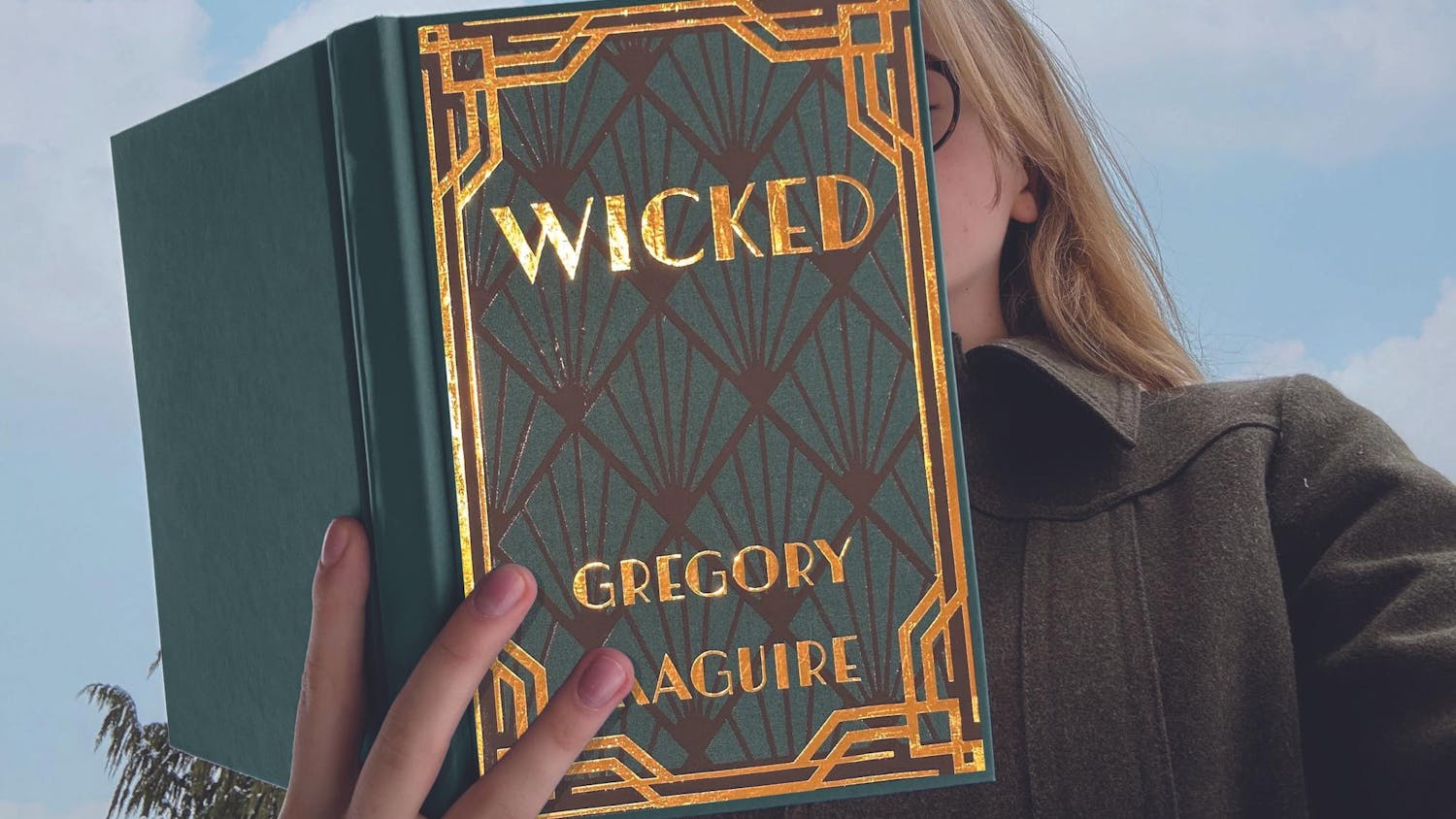On July 21st, Greta Gerwig’s much anticipated “Barbie” movie hit the big screen, taking in 155 million dollars on its opening weekend alone. Viewers swarmed the theater in various arrays of pink outfits and costumes, anxious to experience a glimpse at a “life in plastic.” However, this depiction of “Barbie” was out of the box in more ways than one.
The film opened with an array of flamboyance ranging from musical numbers, to life-size Barbie Dream Houses. Every detail was strewn with thought, as even the costumes, props, and attributes of the dolls matched those on the shelves. While the movie was intentional with its portrayal of the infamous toy, it also incorporated the history behind Barbie including a role as Ruth Handler, the original inventor of Barbie.
However, this movie left much more to dissect than the copious amounts of pink. Though it satisfied the expectation for a glimpse into the glamorous world of Barbie, it was also an instrument towards reality. Through both her perfection and regression, Barbie was a plastic paradox. She was an expression of idealized femininity, as well as a statement on the impossibility of perfection.
Sophomore Alexa Twiggs reflected on the ways in which the contents and message of the movie broke her initial expectation.
“I had really low expectations going into the movie,” Twiggs said. “I had seen very little press or promo before seeing it, and sort of thought it would be cheesy or over anticipated. It was very different than I thought. I pictured more of a shallow, funny movie about dolls, maybe more ‘Barbie Life in the DreamHouse.’ I did not predict that it would touch in, much less be centered, around such strong societal and systemic issues.”
The anticipated light-hearted and comedic movie incorporated more than just the glorification of womanhood. Instead, it encapsulated changing ideas about Barbie, as well as ourselves.
For decades, Barbie had been celebrated as an icon of what a woman could, and in some ways, should be. When Barbie was released in 1959, the doll was controversial to say the least. She was both a sensation and a concern because although she was an inanimate object, she was believed to speak for all of us. This movie recognized this, stating in its trailer’s tagline, “If you love Barbie, this movie is for you. If you hate Barbie, this movie is for you.”
The movie dove into the double-edged sword that is Barbie, depicting the paradox between the admiration and hatred that is held for her. Her changelessness that once made her seem like the “perfect woman,” deteriorated as she became increasingly more human-like.
However, in her journey to restore her perfect arched feet and hairstyle that she lost, she embraced the imperfection of herself and the realness of the world.
Sophomore Hannah Wylie recapped her feelings and epiphanies after leaving the world of Barbie.
“Honestly, I left feeling more seen,” Wylie said. “I didn’t realize just how different my perception of the world differs from my brother’s, my dad’s or my guy friends’. I found it an empowering choice to give a glimpse of a typical woman’s experience in our world when Barbie goes into the ‘real world,’ as well as when Ken is suppressed in Barbie’s world. Additionally, I really like that neither side was right. The real world and Barbie’s world both were left imperfect and needing change.”




